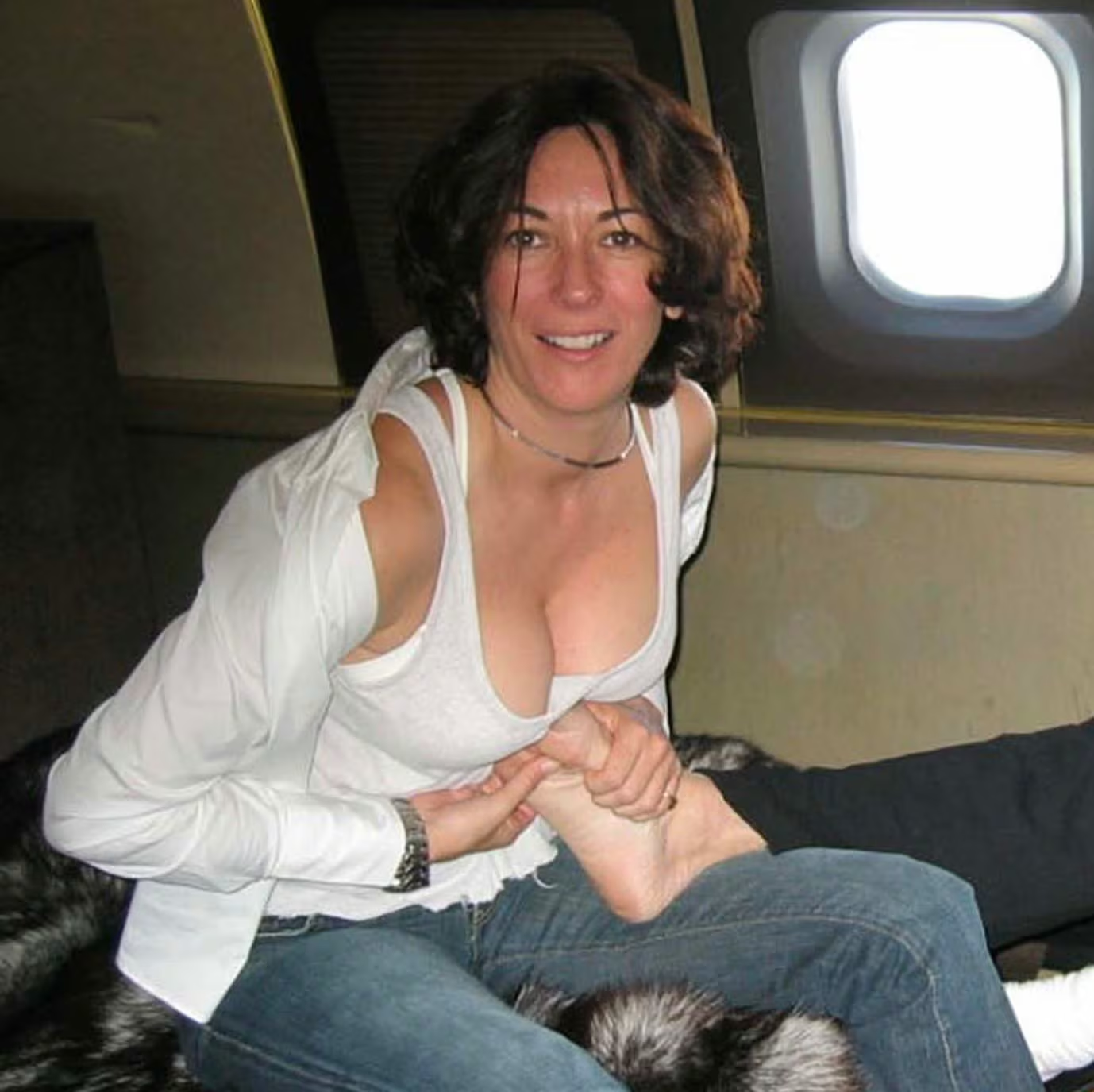Ghislaine Maxwell, the convicted child sex trafficker and companion of the late Jeffrey Epstein, has been transferred from a high-security prison in Florida to a minimum-security facility in Texas. Specifically, the Federal Prison Camp (FPC) Bryan which is the typical ‘Club Fed’ white collar criminals go to after striking a sweetheart deal via their high powered lawyers for a non-violent financial crime. This transfer is highly unusual because of the nature of her crime and that it involved children.
Bureau of Prisons
The BOP has guidelines for how to deal with people like Maxwell. The move is highly unusual. Most individuals, if not all, are never placed in either minimum security prisons or camps. Nor are these prisoners located in general population because the increased freedom of association in both settings represents both an injustice to the public and a danger to the offender. Other inmates typically shun the transfer of sexual predators into their general area.
This transfer has ignited public outrage and concerns regarding preferential treatment within the U.S. judicial system, particularly in light of her well-connected background. Again, critics are questioning the circumstances surrounding her relocation, with many deeming it highly unusual for someone with Maxwell’s convictions.
Legal analysts speculate that this move could be preparatory for a possible pardon from former President Donald Trump, who currently retains a significant amount of influence over Republican politics. Public sentiment against Maxwell is fierce, with advocates for Epstein’s victims labeling the transfer as a “cover-up” and expressing fears over the potential leniency she may receive. As one post pointedly observed, “Do not lose track of the fact that Donald Trump has moved Ghislaine Maxwell, procurer and sexual abuser of underage girls, to a cushy minimum-security prison.”
Trump Shields Convicted Predator
Additionally, some critics allege that the Trump administration is shielding Maxwell in an attempt to bury any potential revelations about her involvement with Epstein and other associates, including Trump. A recent tweet from Rick Wilson, an outspoken critic of Trump, suggested that “Trump’s bribing Ghislaine Maxwell in plain sight,” implying that her transfer reflects an unsettling alliance between the former president and his former confidante.
Despite Maxwell’s ongoing legal battles, including a recent meeting with federal prosecutors, her representation has reportedly sought to present her in a favorable light, arguing that her arrest was politically motivated. Public opinion remains heavily skeptical, as one commentator remarked, “If Ghislaine Maxwell receives a pardon, her ‘evidence’ to the Department of Justice will have exonerated America’s favorite pedophile.”
In the meanwhile, questions arise regarding the criteria used by the Federal Bureau of Prisons, as numerous posts emphasize the inconsistency of transferring a convicted sex offender to a environment often described as a “prison resort.” As another advocate put it, “It is with horror and outrage that we object to the preferential treatment convicted sex trafficker Ghislaine Maxwell has received.” As Maxwell’s legal saga continues to unfold and the public’s interest in the implications of her case remains steadfast, many are left wondering about the broader ramifications of her potential pardon, not only for justice and accountability but also for victims of her heinous crimes.

